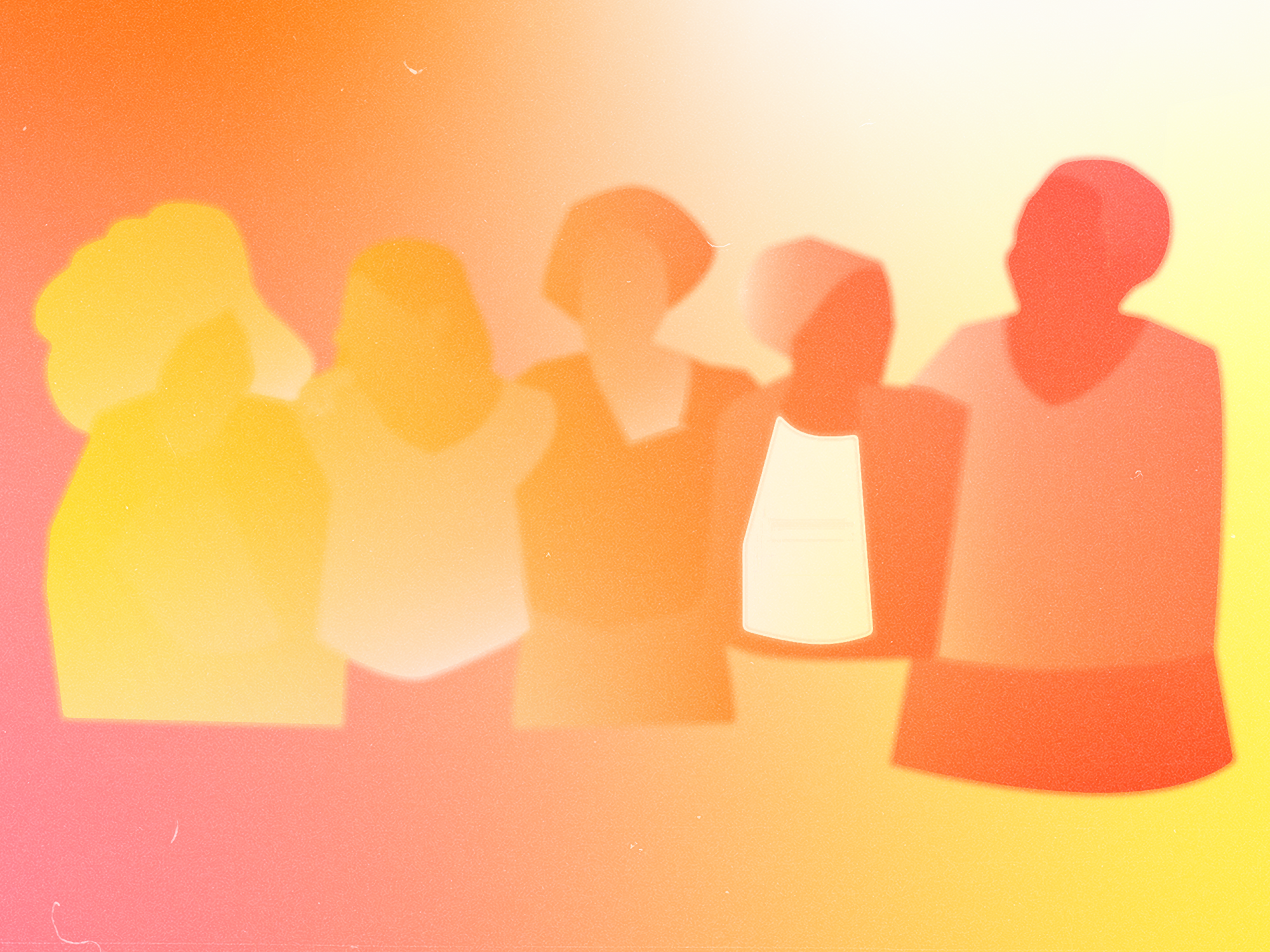Areas of Life: Community
Each Connection Style's approach to community aligns with how they show up for the other relationships.

Each Connection Style’s approach to community aligns with how they show up for the other relationships.
About: Community
Our Areas of Life categories help define how we interact with the world. Rather than define our relationships either romantically or through friendships, we have created an expansive system focused on all areas of a person’s life, from their interactions at work to how they create their chosen families and participate in their broader communities.
What does community mean to you? Each person may have a different definition for community, such as their neighbors, their town or the world at large. But the ways in which the Connection Styles show up for their communities is consistent from type-to-type. And each Connection Style’s approach to community aligns with how they show up for the other relationships—from family to friendship to romance—in their lives.
In this Areas of Life guide, we will break down how the Connection Styles approach their communities, both small and large.
Connection Styles and Community
Our neighbors, our towns and our larger communities
Cultivators
Cultivating stronger relationships with a broader community may not have been important to a Cultivator in the past, but it may become more important to them as they mature. Cultivators may value knowing who is around them or who exists in the world, even if they are not close to them. This can be an issue of “safety,” both for themselves and the people they care most about in their lives. Like with other relationships, Cultivators will be consistent with how and when they show up for their larger community.
Seekers
It may be important for Seekers to have a connection to their broader community, though there isn’t a set way this manifests in their lives. Their broader connections are typically determined by the circumstances of their life. The Seeker’s ability to form many acquaintances makes it easier for them to have a connection to their broader community, even if they may be left unsatisfied by the connection if it is inauthentic or only surface-level.
Enthusiasts
Enthusiasts find value in connecting to their broader community. Although neighbors and wider community members may not turn into close friends, Enthusiasts will seek out that kind of connection. They find importance in knowing those around them. They maintain their individual identity, even as they seek connection with their neighbors.
Organizers
It is important for an Organizer to show up for their community in practical ways. They will try to, for example, know the names of the people in their apartment community or on their block. They’ll give back to charity and volunteer when they can. Causes may be important. And they’ll likely always bring a housewarming gift for a new neighbor.
Showing up is key, and an Organizer will “show up” for their community because showing up helps foster a healthier, broader overall community. Being a “good citizen” comes natural to an Organizer, and they will do their part how they can.
Truth Tellers
Truth Tellers have strong principles and may find a cause (i.e., environmentalism, LGBTQ+ rights, etc.) as a reason to get involved in their broader community. But they aren’t bothered by not knowing their neighbors or community members. They will form relationships as it relates to their interests and passions, rather than just for the sake of it or due to proximity.